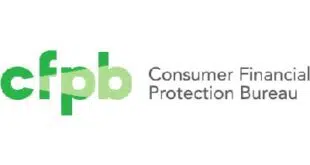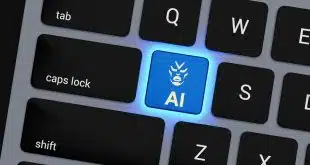Apple Inc. on Tuesday announced Target Corp., Taco Bell, and two regional chains are the latest merchants to agree to accept Apple Pay in-store, a development that could bolster the mobile-payments service and further smooth the road for contactless payments in the United States. Separately, Target announced it will also “soon” accept two Apple Pay rivals, Samsung Pay and Google Pay, as well as contactless cards on the Mastercard, Visa, American Express, and Discover networks.
Minneapolis-based Target, which has long accepted Apple Pay in its mobile app and online but has held out against taking it at its physical checkouts, is phasing in in-store acceptance now and will have it available at all of its 1,850 U.S. stores “in the coming weeks,” according to the announcement. Meanwhile, Taco Bell will roll out Apple Pay to its more than 7,000 U.S. restaurants “in the next few months,” Apple says. The Irvine, Calif.-based chain is a unit of Yum! Brands Inc.

At the same time, the computer giant said another fast-food chain, San Diego-based Jack in the Box, is introducing Apple Pay over the next several months at its 2,200 stores, which are chiefly located on the West Coast. Two other regional chains named by Apple on Tuesday include Enon, Ohio-based Speedway LLC, which is launching in-store acceptance at approximately 3,000 locations on the East Coast, Midwest, and Southeast, and West Des Moines, Iowa-based Hy-Vee, where customers can use Apple Pay now at its 245 supermarkets in the Midwest.
With these developments, Apple says 74 of the nation’s 100 largest merchants, and 65% of the country’s retail locations, will accept Apple Pay, which works with either an iPhone or the Apple Watch using near-field communication links with store terminals.
“We’re thrilled even more customers will be able to pay at their favorite stores and restaurants using the Apple devices that are always with them,” said Jennifer Bailey, Apple’s vice president of Internet services, in a statement.
These latest retail signups follow several significant wins Apple Pay scored last year. Issaquah, Wash.-based warehouse store titan Costco Wholesale Corp. finished a rollout of the mobile wallet to its more than 500 U.S. stores, while Woonsocket, R.I.-based pharmacy chain CVS launched it at its almost 8,400 standalone stores. Also, 7-Eleven Inc., based in Dallas, launched Apple Pay at 95% of its U.S. locations, according to Apple.
Of these recent retailer agreements, both Target and CVS stand out as merchants that have developed and marketed their own, proprietary mobile wallets. Indeed, both CVS and rival Rite-Aid shut down the NFC capability in their terminals when Apple Pay debuted in 2014 to prevent competition with a now-defunct multiretailer wallet called CurrentC.
While consumer adoption and usage have fallen short of initial expectations for mobile-payments services introduced in recent years not only by Apple but also by two other technology giants, Alphabet Inc. and Samsung Electronics Co. Ltd., Apple has recently claimed growing momentum for Apple Pay. The company said last summer its latest quarterly volume had exceed 1 billion transactions. In November, Apple chief executive Tim Cook did not update that number but indicated it had climbed significantly higher in the latest quarter.
Now, though, the card networks and payments experts alike expect developments like Target’s agreement to accept Apple Pay to be a boost not only for the mobile-payment service but for contactless payment generally. In a blog item posted simultaneously with Apple’s announcement, Visa Inc. celebrated contactless acceptance at Target and said it expects there will be more than 100 million contactless Visa cards issued in the United States by the end of the year. The network also said that currently more than half of all U.S. Visa transactions at physical checkouts now take place at locations with contactless-enabled devices.
Apple’s announcement Tuesday, with its inclusion of major merchants like Target, “opens the door for contactless [in the United States], and that’s a big deal,” Thad Peterson, a senior analyst at Boston-based Aite Group, tells Digital Transactions News.
These most recent additions also “add to the value proposition for Apple Pay,” he says. “The more places you can use it, the more valuable the offering.” This follows, he says, “from the type of store Target is, which is general merchandise, and the power of its brand.”





